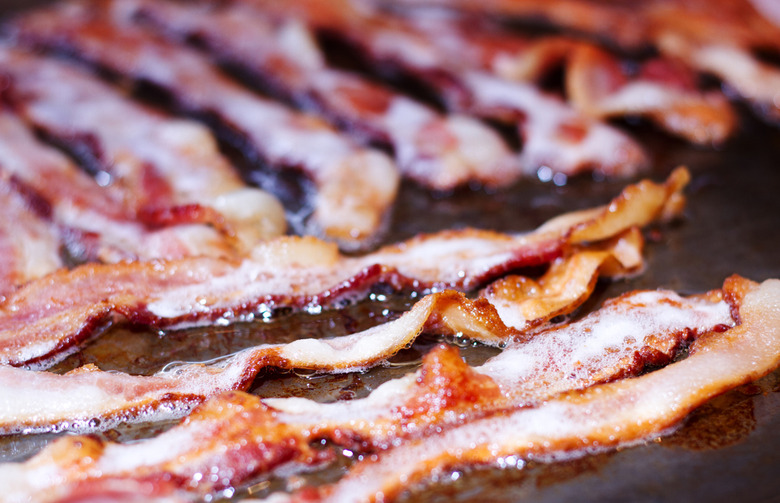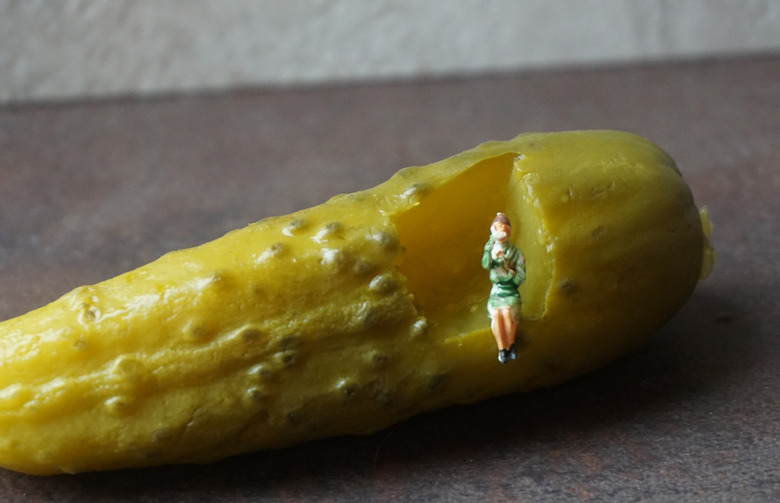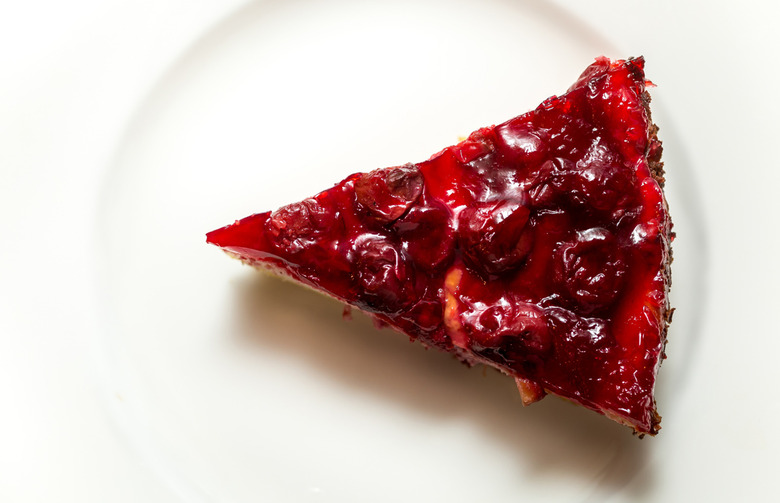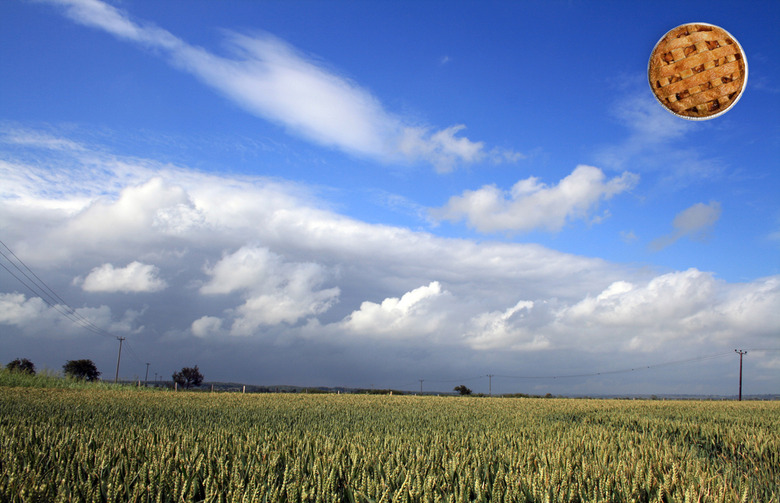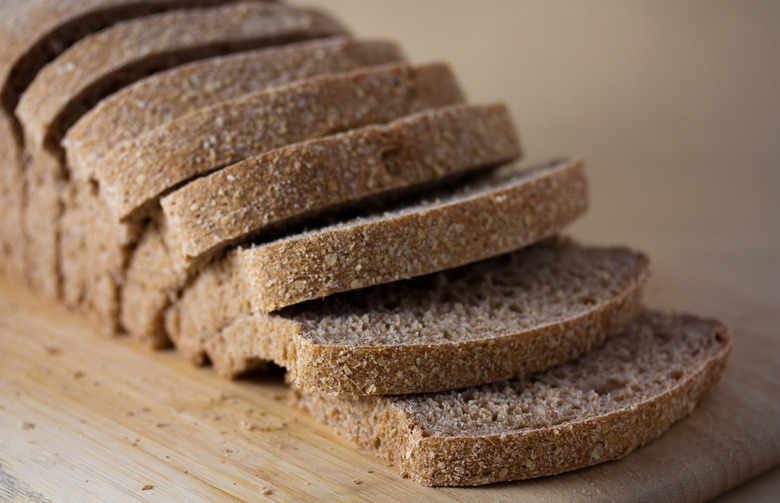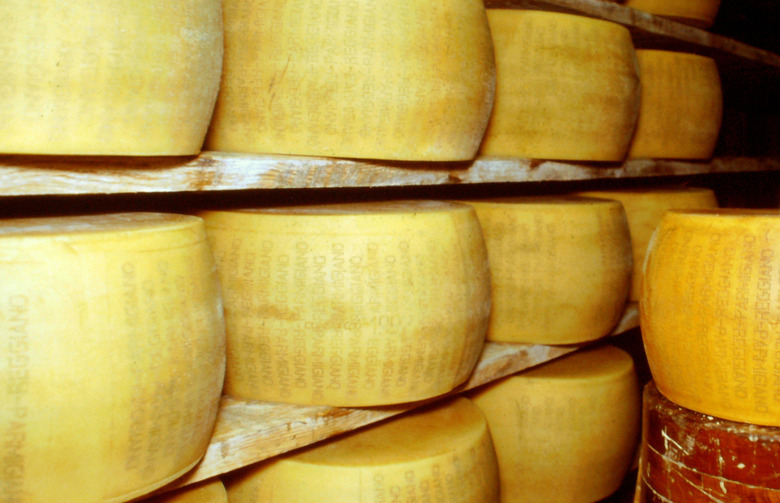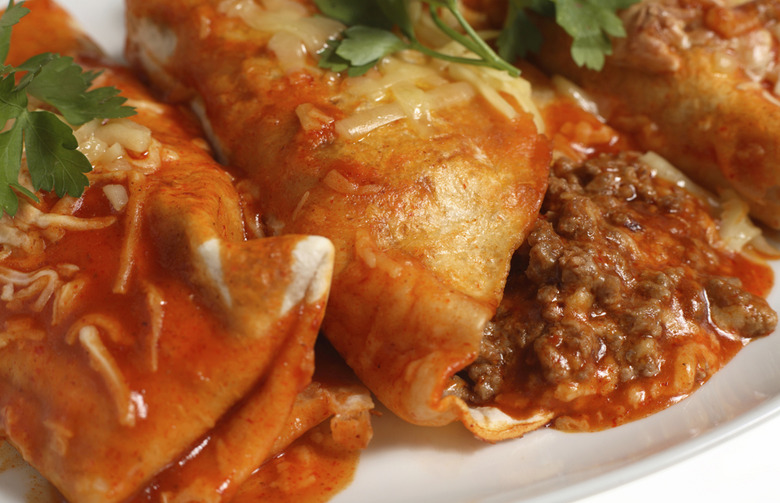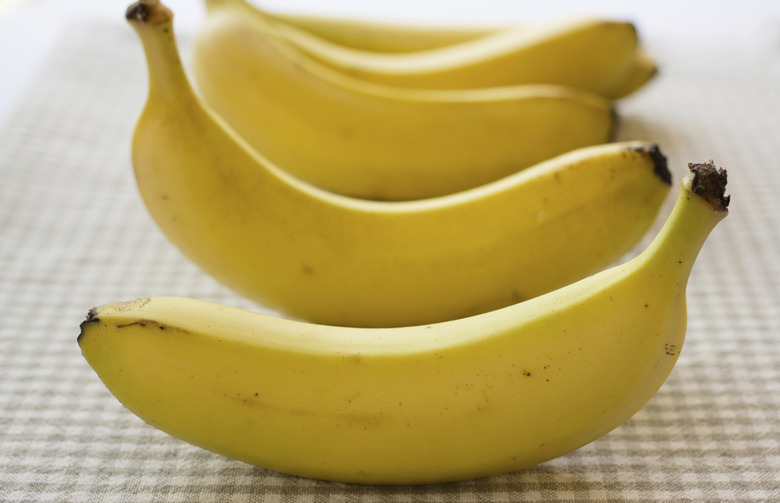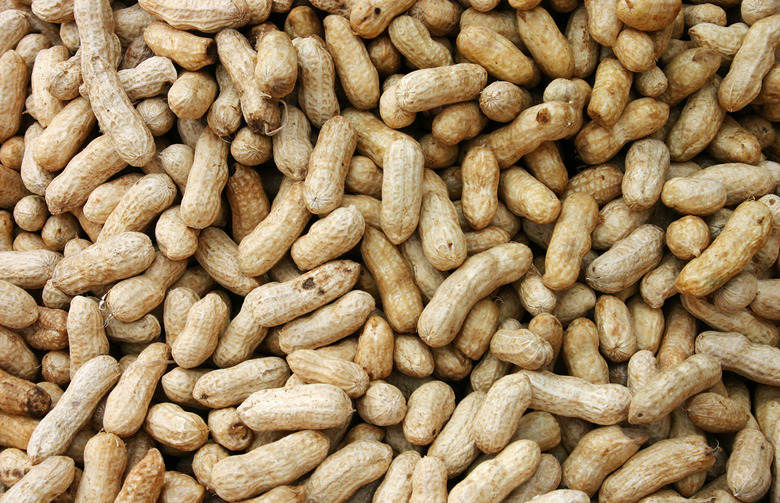Where Did 'Cold Turkey,' 'Top Banana,' And These 8 Other Food Idioms Come From?
Even when we're not talking about food, culinary-themed idioms and expressions have worked their way into our lives. When we give up a vice all of a sudden, we quit "cold turkey." When something's easily done, we call it a "piece of cake." But why do these terms exist? Where did they come from?
Bring Home the Bacon
When someone's successful enough to earn a decent living, they're said to "bring home the bacon." Like most phrases, the origin isn't set in stone, but this one looks like it originated in the boxing world, according to The Phrase Finder. In its coverage of a 1906 championship bout, the New York Post-Standard reported that the mother of one of the fighters, Joe Gans, telegrammed her son, telling him to "bring home the bacon." The phrase quickly became a popular boxing term, and soon made its way into common use. Whether Mrs. Gans invented the term is unknown, but she sure helped popularize it.
Cold Turkey
When we abandon a habit abruptly, we're quitting "cold turkey." This odd phrase first appeared in print in the early twentieth century, according to the Oxford English Dictionary, and there are a few possible reasons why it exists, according to Mental Floss. It could have stemmed from the older idiom "talking turkey," which means "speaking frankly" (the term "talking cold turkey" appeared in the late 1800s); it could stem from the little preparation it requires to literally serve cold turkey (like quitting something abruptly with little preparation); and it may take its inspiration from the skin of someone in withdrawal: cold, clammy, and covered in goosebumps, like a cold turkey.
In a Pickle
Like many other popular phrases, "in a pickle" was first used by playwright William Shakespeare. The phrase, which means "in a challenging situation," was coined in his 1611 play The Tempest, when one character asks another, "How camest thou in this pickle?" Finding yourself submerged in pickling brine can be quite a tricky situation.
Piece of Cake/Easy as Pie
Both "piece of cake" and "easy as pie" have the same meaning: an activity that's simple or easy to complete. While the exact origins are unknown (poet Ogden Nash was one of the first writers to use the term "piece of cake," in 1936), most agree that the term came from the ease and simplicity of eating pie or cake, according to Know Your Phrase.
Pie in the Sky
Unlike most idioms, we know exactly where "pie in the sky," which means "a dream that's nice to think of but not likely to happen," came from. According to Slate, the phrase originated in a folk song written by labor union activist Joe Hill in 1911. The song, called "The Preacher and the Slave," satirized the Salvation Army and contained the lyric, "Work and pray, live on hay / You'll get pie in the sky when you die."
The Best Thing Since Sliced Bread
There have been many new products or inventions that were hyperbolically hailed as "the best thing since sliced bread," but where did the term actually originate? As you may have guessed, it originated with sliced bread; Wonder Bread, to be exact. Mechanical bread slicers were first invented in the 1850s, but in order to function properly the bread needed to be of a uniform shape. This didn't happen until the 1930s, however, when pre-sliced Wonder bread was rolled out. A smash hit, pre-sliced bread was nothing short of revolutionary.
The Big Cheese
There are a couple possible reasons why an important person is called "the big cheese." One, the term "cheese" had been used as slang in the U.K. for something of high quality since the mid-1800s, and the phrase "big cheese," which denotes an important person, was first used in print in 1922, according to The Phrase Finder. At around the same time, literal big cheeses were popular attractions at fairs and markets, liberally advertised in newspapers. You can only see the phrase "See the BIG CHEESE" so many times in a newspaper before you start working it into your vocabulary! Also worth noting: The phrase "the cheese stands alone" traces its roots back to the old children's song "The Farmer in The Dell."
The Whole Enchilada
The phrase "the whole enchilada," meaning simply "the whole thing," most likely traces its roots to the same origin as similar phrases like "the whole shebang," "the whole megillah," "the whole nine yards," and "the whole kit 'n' caboodle"; namely, it's just a placeholder word. According to a respondent on Quora, "It's likely the semantic value of enchilada itself wasn't important."
Top Banana
The phrase "top banana," meaning the leader or boss, traces its roots back to vaudeville. According to the American Heritage Dictionary, the term caught on after a leading vaudevillian, Frank Lebowitz, incorporated bananas into his act in the early 1900s; the term "second banana," for supporting actor, also caught on around this time.
Working for Peanuts
people who are working for a very small amount of money can say that they're "working for peanuts," and while there's no one source to which we can attribute the phrase, the term "peanuts" has meant something small and inconsequential for quite some time (think of the "peanut gallery," the worst seats in the house). According to ManyThings.org, the term may also have originated with the circus, where elephants are essentially paid in peanuts instead of money.

